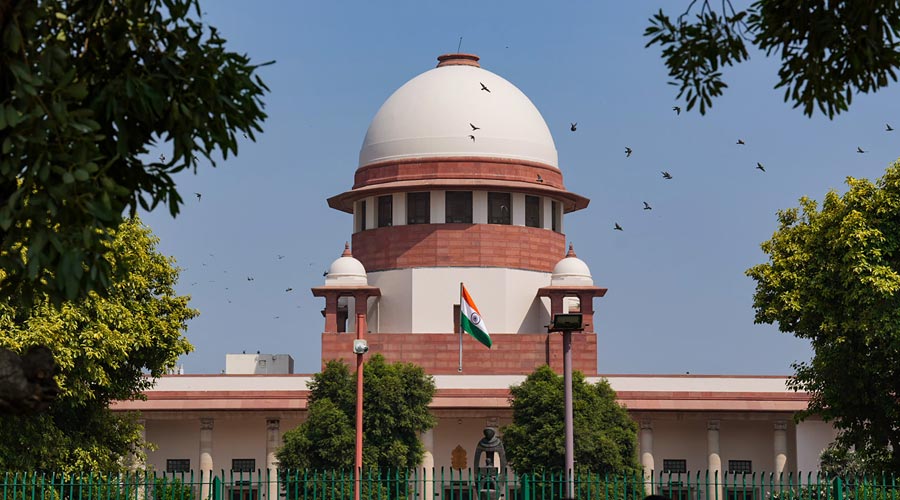


The Supreme Court in the case Fateh Mohit Whig v. Union Of India And Ors observed and has issued the notice in the Public Interest Litigation, PIL moved wherein its is argued that the Bar Council of India, BCI and the State Bar Councils across the nation to collect comprehensive data on candidates who are Persons with Disabilities, PWD with regards to their specific disabilities.
The bench comprising of CJI DY Chandrachud, Justice JB Pardiwala, and Justice Manoj Misra in the case observed that this data collection shall be in accordance with the Rights of Persons with Disabilities, RPWD Act of 2017 and the same could be utilised to shape policies that support lawyers with disabilities in their legal practice, thereby ensuring their equal standing with non-disabled lawyers.
In the present case, the petitioner, who is both a lawyer and the person with a disability, had previously submitted before the court that the detailed representation to the Bar Council of India through their legal representative.
The court observed that as per his plea, the Bar Council of India did not respond to this representation.
The plea moved highlighted that the significance of the RPWD Act, which was enacted being in the year 2017 and outlines the duties and responsibilities of relevant government bodies, special courts, national funds, and state funds for Persons with the Disabilities.
The plea moved also emphasized that the need to gather data about lawyers with disabilities to ensure their equitable treatment and access to the benefits outlined in the 2017 Act.
The court in the case observed in the PIL that collecting data on lawyers with disabilities, specifically related to their disabilities, is crucial for several reasons. Thus, the supports increased representation of lawyers with disabilities within the legal community, facilitates the addressing of their unique needs, enables the provision of necessary support, and empowers advocacy for their rights.
Further, the court observed that the data is instrumental in shaping policy development and dispelling stereotypes and it plays a vital role in promoting diversity, inclusion, and equity within the legal profession, allowing individuals with disabilities to pursue legal careers with dignity.
Further, the petition moved underlined that the petitioner’s examination of enrolment forms from various State Bar Councils revealed that out of 22 State Bar Councils, only the Bar Council of Tamil Nadu and the Puducherry currently collect and record data on the disability status of applicants.
Therefore, the PIL moved seeks to standardize such data collection practices across all the State Bar Councils in India.
The plea has been filed through Advocate-on-Record Shashank Singh.